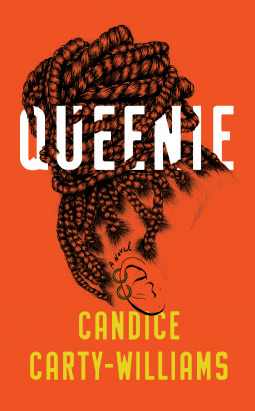I first read this book years ago, and remember enjoying it hugely, absolutely loving the amoral heroine (anti-heroine?), Marnie, and the very tangled web she weaves for herself. I was about to give my copy to our local Oxfam bookshop along with a stack of others, but made the mistake of opening it again, and before I knew it, I was sucked right back into the late 1950s, where everyone Missed and Mistered each other, where being ‘respectable’ was everything, and where a ‘nice’ girl either got married or worked as a secretary or a cashier, and certainly did not inveigle herself into reputable businesses only to abscond with hauls of cash, leaving no trace of herself other than bitter memories in the minds of those she has so callously swindled and deceived.
As you can expect for a book written almost 60 years ago, the language is dated in places, which only serves to provide an authentic window into a vanished time. The dialogue is sparkling, not a word wasted, and the writing, characterisation and the plot are all as fresh today as if it were a contemporary release.
Winston Graham chucks us right into the midst of the action: ‘“Good night, miss,” said the policeman, as I came down the steps, and “good night,” I answered, wondering if he would sound as friendly if he’d known what was in this attaché case.’
When she’s working, Marnie affects a dowdy appearance, wearing clothes that are too big for her, because ‘when she wears clothes that fit, men notice her.’ Nevertheless, at her latest job, she attracts the attention of two of the board members, both of whom loathe one another. But Marnie is not one to be easily caught by anybody, not if she can help it. The only living beings Marnie cares about are her thoroughbred horse, Forio, kept on a rural farm which she only visits between jobs, and her elderly mother, who believes her daughter is employed by a globe-trotting millionaire, conveniently explaining both her daughter’s frequent absences and her generosity.
But, as Marnie painfully discovers, her mother has secrets of her own.
A brilliant book by the writer of the Poldark saga – I read all of those years ago as well. I don’t dare pick them up again, as they were absolutely gripping, although he should have stopped at the end of Book Four. The later Poldark books are like episodes in a long soap opera. I suspect he was persuaded to write more because his characters were so well-loved. Knowing when to stop is a key skill in any sphere of life, although perhaps countless Poldark fans will violently disagree.



